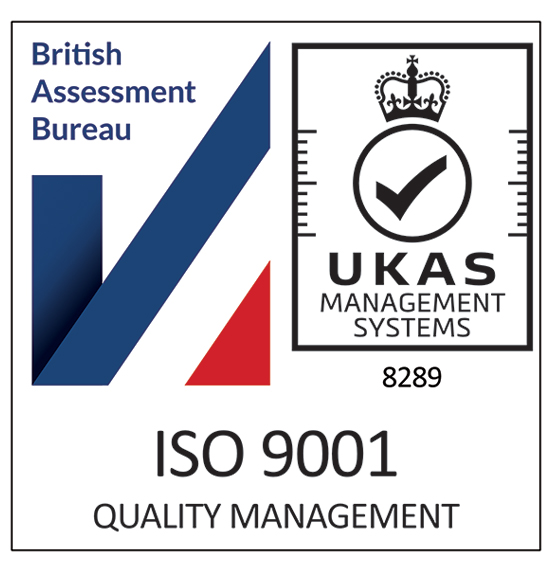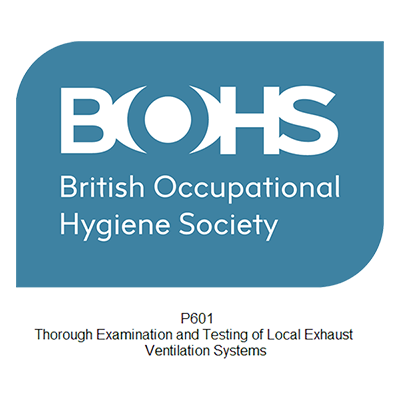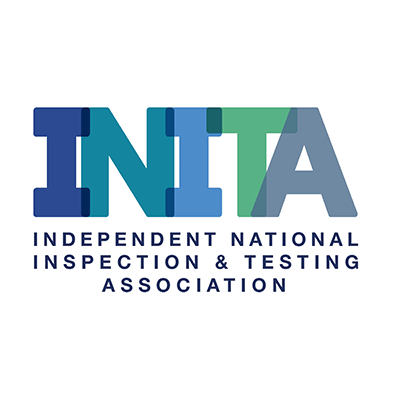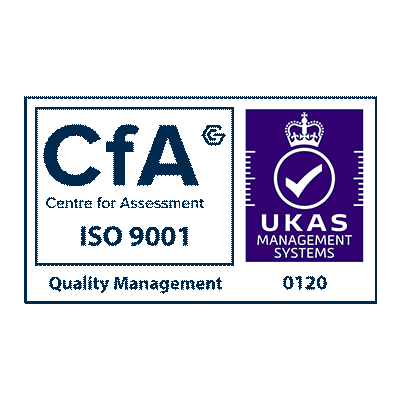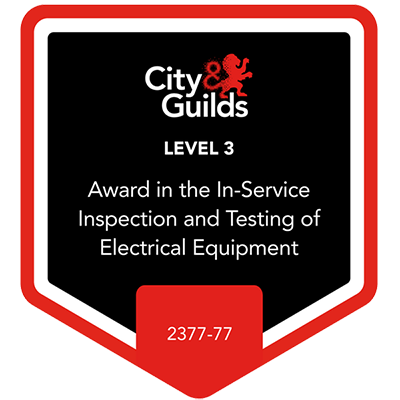If your business or the organisation you work in uses any kind of pressure system – compressed air, heating, pressurised process plant and piping, heat exchangers, as a few examples – then you need to ensure they are operating to specification to protect the safety of workers and their equipment. Your pressure systems must comply with Pressure Systems Safety Regulations or PSSR. But what does that involve?
Correct installation & maintenance of pressure systems
It begins with correctly installing the systems and ensuring they fit for purpose. According to the HES, this means it should be made from suitable material and the system must be able to be operated safely. It also means that you need to know what is in the system, i.e. liquid or gas, as well as the process conditions, such as temperature and pressure. There should also be a list of instructions for the operation of the system and what to do in case of an emergency.
Once the pressure vessels or systems have been installed, they need to be properly maintained to limit the risk of injuring your employees or damaging property. You should consider the age of the system, what it is used for and the environment in which it operates to ensure you can address all areas of maintenance and look for signs of wear and corrosion.
Assessing the risks includes looking at factors, including:
- pressure in the system
- type of liquid or gas and its properties
- suitability of the equipment and pipework that contains it
- age and condition of the equipment
- complexity and control of its operation
- prevailing conditions (for example a process carried out at high temperature)
- skills, knowledge and experience of the people who maintain, test and operate the pressure equipment and systems
What are pressure vessels?
Essentially pressure vessels are closed containers that contain liquids or gas. They form parts of wider pressure systems that must be maintained and examined as a whole, alongside the vessels themselves.
Types of pressure systems include:
- boilers and steam heating systems;
- pressurised process plant and piping;
- compressed air systems (fixed and portable);
- pressure cookers, autoclaves and retorts;
- heat exchangers and refrigeration plant;
- valves, steam traps and filters;
- pipework and hoses; and
- pressure gauges and level indicators.
What is a pressure vessel inspection?
According to the requirements of PSSR, in addition to regular maintenance, your pressure systems need to be examined. PSSR states that 'a written scheme of examination is required for most pressure systems’ and the written scheme should be drawn up or certified by a competent person.
Here at Hutcheon Examination Services (HESL), our engineer surveyors are fully qualified to carry out these examinations and provide written schemes.
As a minimum, the following information is included, as per HES’s guidelines:
- those parts of the system which are to be examined;
- identification of the item of plant or equipment;
- the nature of the examination required, including the inspection and testing to be carried out on any protective devices;
- the preparatory work necessary to enable the item to be examined safely;
- specify what examination is necessary before the system is first used, where appropriate;
- the maximum interval between examinations;
- the critical parts of the system which, if modified or repaired, should be examined by a competent person before it is used again;
- the name of the competent person certifying the written scheme; and
- the date of the certification.
How often should pressure vessels be inspected?
Your pressure vessels and pressure systems should be tested regularly – the frequency depends on the type of system, its condition and what it is used for. A rule of thumb is to inspect them every 12 months, but this could extend to every 24 months and beyond.
Why choose HESL for your pressure system examination?
As a business, we have more than 30 years of experience in delivering pressure system examinations and drawing up written schemes. Our survey engineers are professional and highly qualified – not just in testing, but in ensuring the tests are conducted efficiently, effectively and with minimum disruption to your business.
Get in touch with us today to discuss how we can help take the pressure out of your PSSR compliance.
